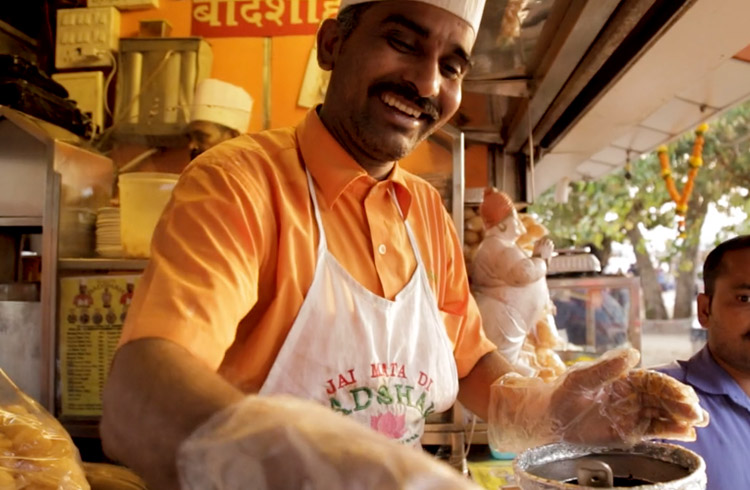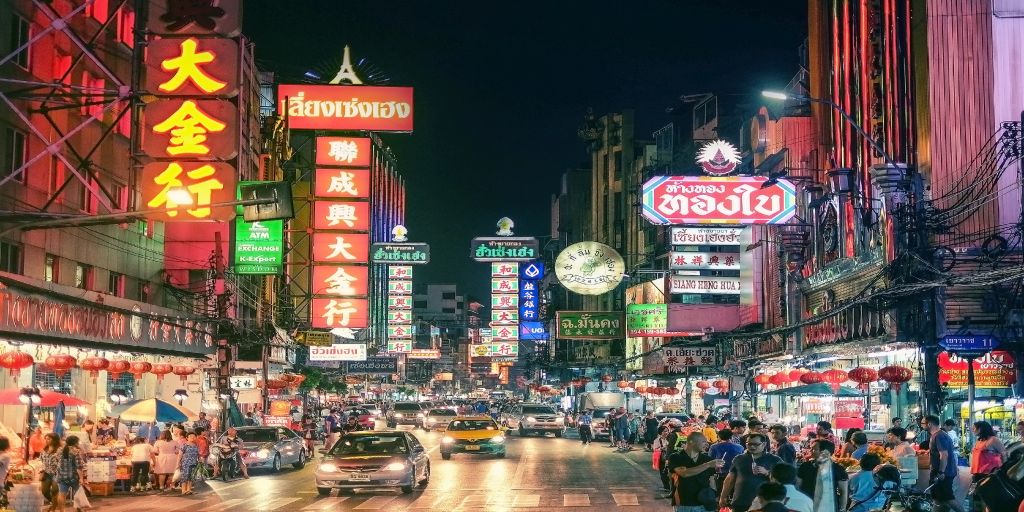The Essential Guide to Travel Vaccinations for Asia
To avoid illness ahead of your trekking trip, here's what you need to know about recommended vaccinations for travel in Asia.
 Photo © Getty Images/Amir Ghasemi
Photo © Getty Images/Amir Ghasemi
Many travelers hate the idea of getting vaccinations, largely because of the pain of initially receiving them and also in the bank account as several shots may be needed before traveling to various countries or a region. However it's important that travelers get their vaccinations as the diseases which they are protecting themselves against infect thousands of people each year and also kill thousands of people. Every traveler should discuss their options and needs with their doctor prior to travel.
Vaccinations
At a minimum, the following vaccinations are recommended for travel in Asia:
- Routine vaccinations such as measles, mumps, rubella, polio, tetanus, diphtheria, whooping cough
- Hepatitis A
- Typhoid
Other vaccinations which may need to be considered depending on traveler needs and travel activities:
- Japanese Encephalitis - Travelers who are spending extended periods of travel or doing activities in rural locations, particularly around rice fields and farms
- Meningitis (Meningococcal) - The risk for the majority of travelers is low however those who are spending extended periods of travel in densely populated areas or in locations where the disease is present e.g health workers or volunteers should consider getting the vaccination.
NOTE: If you are entering any Asian country from Africa or South America where yellow fever is present, you will need to supply proof of vaccination on arrival.
Rabies
It's recommended to get a rabies vaccination if you are planning outdoor activities as a part of your trip (such as camping, hiking, biking, adventure travel, and caving) or traveling extensively in rural locations (where access to medical treatment is non-existent to minimal) that puts you at risk of animal bite.
The majority of rabies deaths occur in Asia and Africa where locals struggle to afford personal vaccinations and vaccinations for their dogs. However, rabies has been eliminated from many countries in South America due to efficient vaccination programs.
Most people don't expect to be bitten by a dog, monkey or bat while traveling but if you receive a bite, you will need seek medical treatment immediately (if, in major city or town) or evacuate to a large city with proper medical care and access to the post-exposure prophylaxis. However, it may be difficult to find and in some Asian countries, there can be localized shortages of the rabies vaccine.
Many rural and developing nation hospitals may not use the safer rabies vaccines instead using older types with risk to the traveler such as severe allergic reaction.
Malaria
Malaria is present in several countries in Asia and if not treated, it can lead to further health complications or worse, death. Travelers should consider taking an anti-malarial before traveling however it's important to chat with your doctor as some anti-malarials work better than others.
Travel health tips
In terms of general travel safety in Asia, a few other tips to avoid illness are:
1. Water safety
There are not many places in Asia where you can drink water straight from the tap. Drink and brush your teeth with purified, treated water only. Use water-filter bottles rather than bottled water if possible. Keep your mouth closed while taking a shower or if you are in the middle of a water festival. Avoid ice and icy drinks unless you know the ice has come from a safe source.
2. Be a compulsive hand washer
A bottle of hand sanitizer should be carried with you and be used after visiting the restroom, before each meal, after handling paper bills and coins, before putting-in or taking-out contact lenses etc. Hepatitis A and typhoid are passed in human faeces, so be a compulsive hand cleaner.
3. Avoid mozzie bites
Use DEET and permethrin, long sleeves and pants and bed nets to prevent insect bites. Need more tips? Check out this article on minimizing mosquito bites.
4. Watch what you eat
Part of the travel experience is trying all the amazing and diverse dishes from the many countries in Asia. However, sometimes things don't go to plan and you may end up with a dose of traveler's diarrhea or worse, hepatitis A or typhoid. You need to know what to look for when planning to eat out, otherwise you could end up stuck in the bathroom, close to the toilet, or laid up in hospital.
Related articles
Simple and flexible travel insurance
You can buy at home or while traveling, and claim online from anywhere in the world. With 150+ adventure activities covered and 24/7 emergency assistance.
Get a quote

No Comments